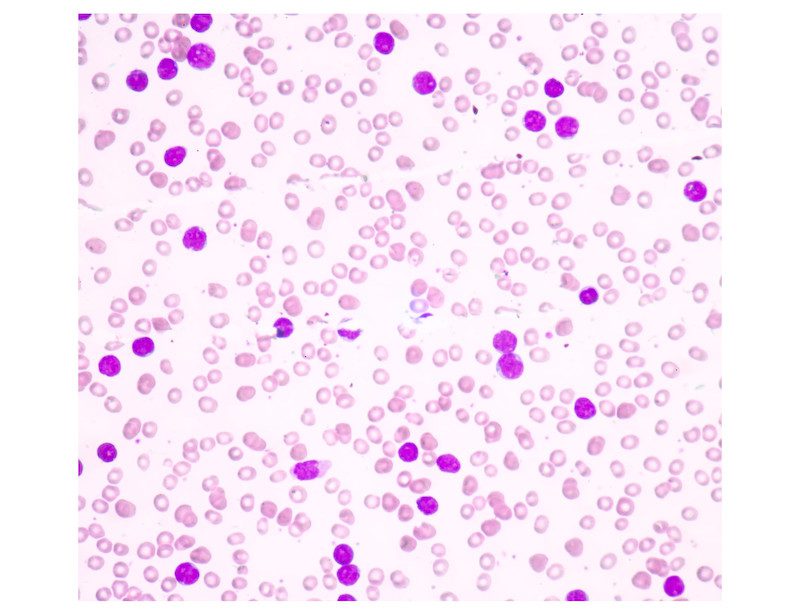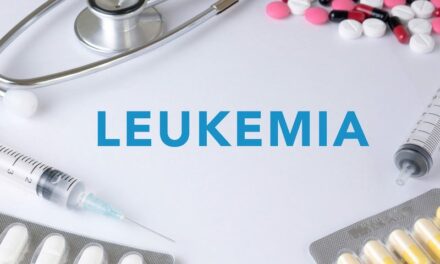QIAGEN has entered into a strategic partnership with Servier, a global pharmaceutical group, to develop a companion diagnostic test for TIBSOVO, an isocitrate dehydrogenase-1 (IDH1) inhibitor indicated for the treatment of the blood cancer acute myeloid leukemia (AML).
Under the Master Collaboration Agreement, QIAGEN will develop and validate a real-time in vitro PCR test that can be used to detect IDH1 gene mutations in AML patients in whole blood and bone marrow aspirates. The companion diagnostic will run on the QIAGEN Rotor-Gene Q MDx device.
QIAGEN’s regulatory teams will support clinical validation of the companion diagnostic and its approval in the U.S., the European Union, and Japan, the company says.
“Patients with AML may deteriorate rapidly if not treated quickly so we are pleased to support Servier with a companion diagnostic in their mission to propose innovative treatment for IDH1 mutated AML patients,” says Jonathan Arnold, VP, Head of Partnering for Precision Diagnostics, at QIAGEN. “At the same time, we are further strengthening our role in developing companion diagnostics for the ever-growing number of biomarkers being discovered in onco-hematology.”
Brian Lockhart, global head of companion diagnostics at Servier, added,: “In order to expand the global access for TIBSOVO for patients, it is imperative that we leverage a partner such as QIAGEN with an established global footprint in oncology-driven diagnostics, and a proven expertise in companion diagnostics development and approvals.”
Companion Diagnostics for AML
AML is a hard-to-treat cancer of the blood and bone marrow. IDH1 mutations are present in about 6 to 10% of cases1. One of the most common types of leukemia in adults, the disease often occurs in patients in their late 60s or older.
QIAGEN’s companion diagnostics can detect genetic abnormalities to provide insights that guide clinical decision-making about treatments. From polymerase chain reaction (PCR) and digital PCR (dPCR) to next-generation sequencing (NGS), QIAGEN offers a range of technologies.
References:
1. American Cancer Society. Key Statistics for Acute Myeloid Leukemia (AML). https://www.cancer.org/cancer/acute-myeloid-leukemia/about/key-statistics.html.





